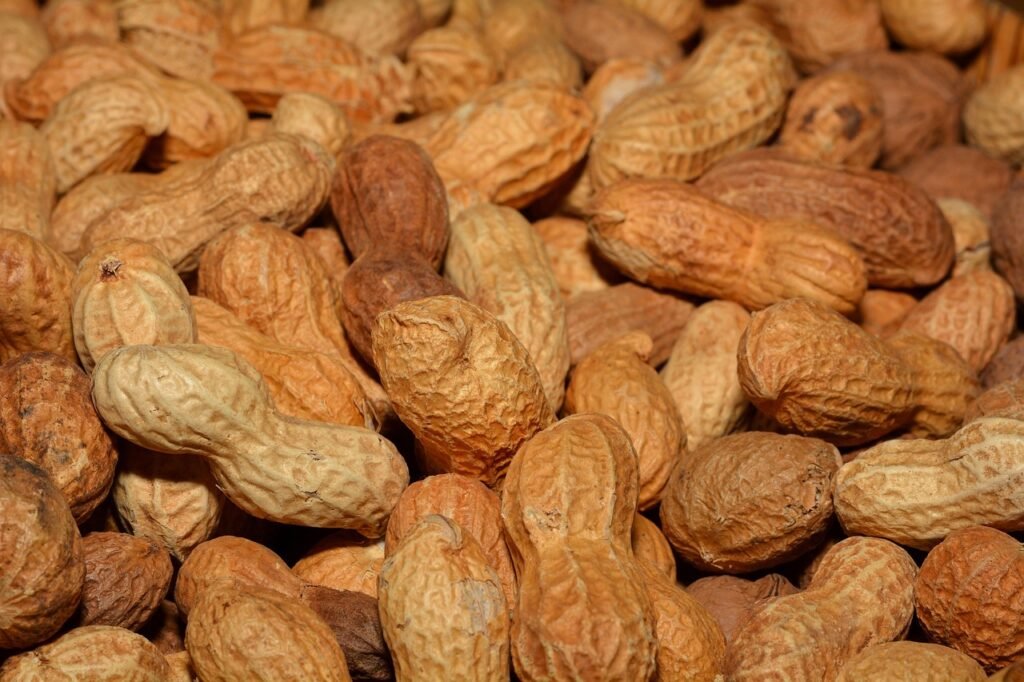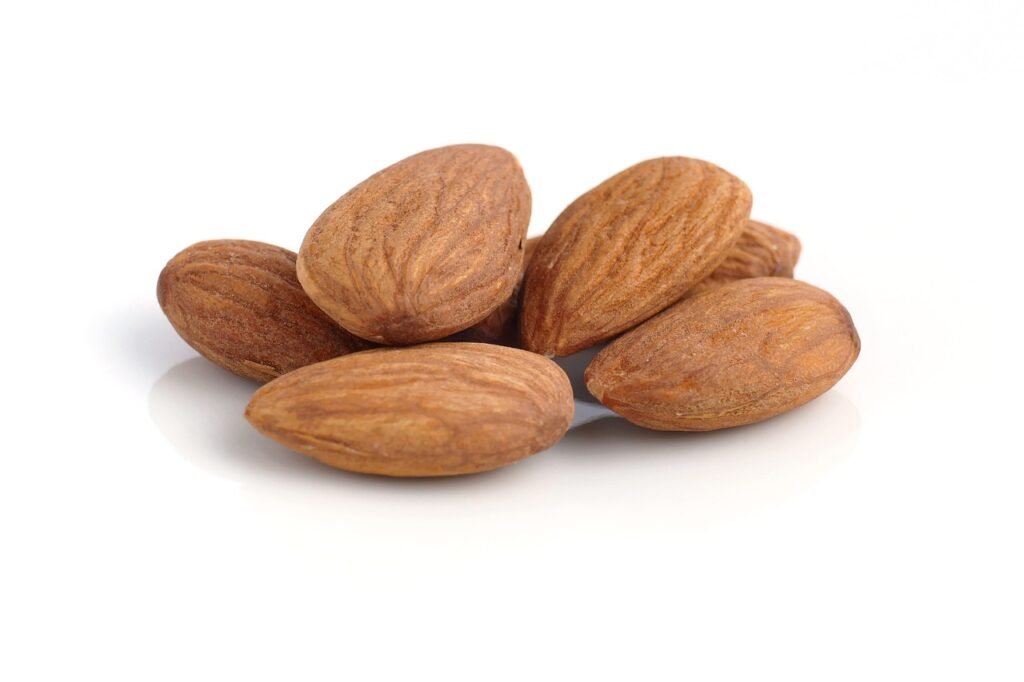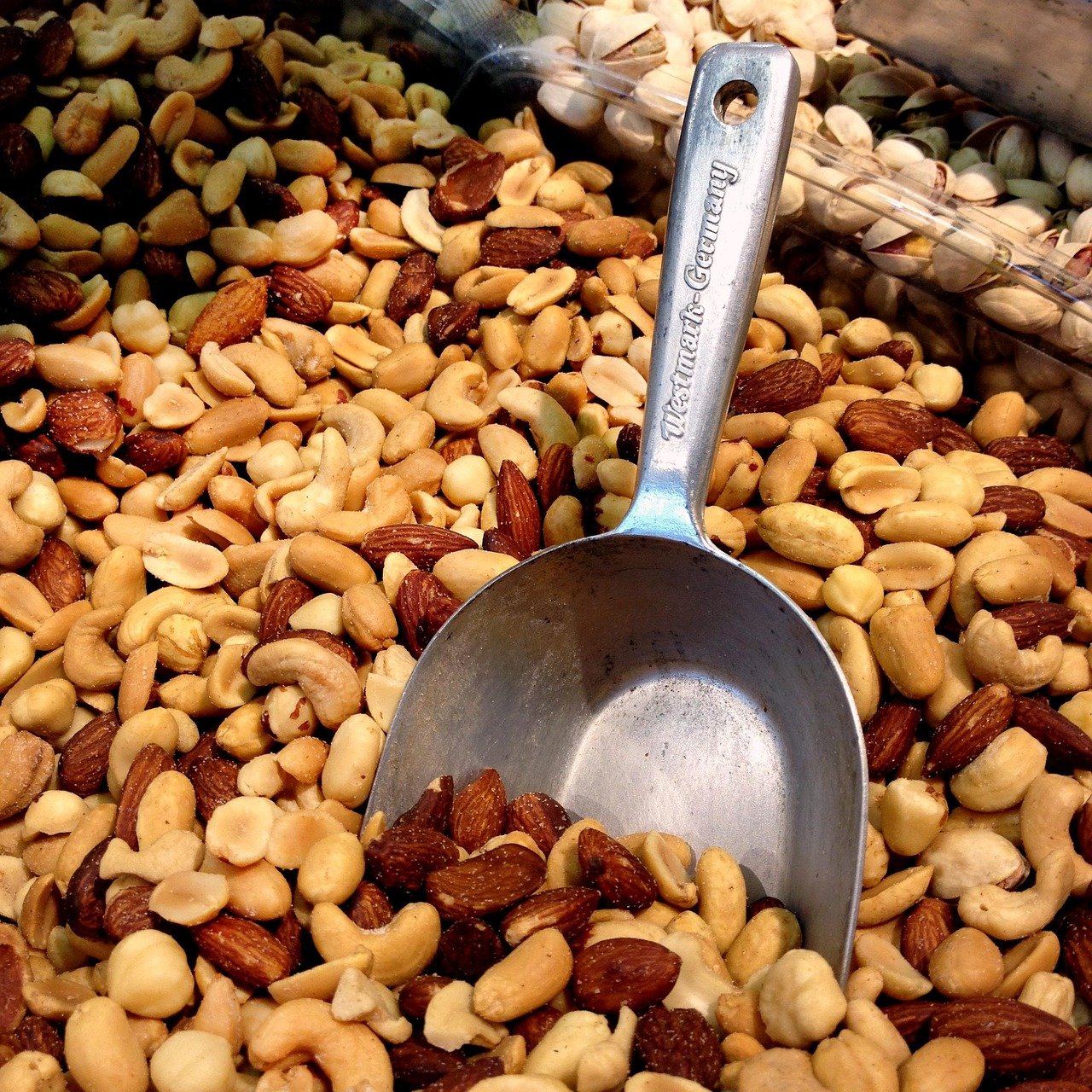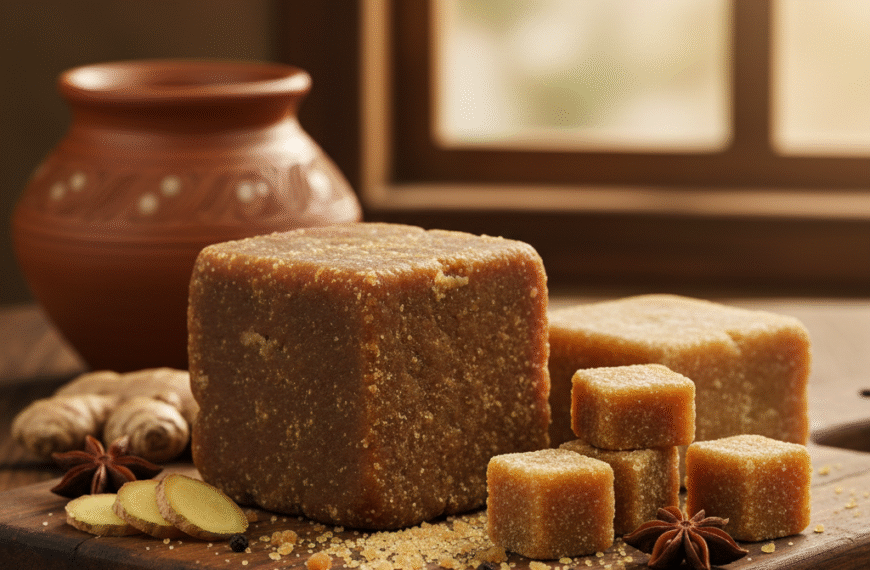When it comes to healthy snacking for weight loss, nuts are always a popular choice. They are crunchy, filling, and packed with essential nutrients. Among them, peanuts and almonds are two of the most loved and affordable options. But if you’re trying to lose weight, which one should you pick? Many people assume almonds are the healthiest option, but when you look closely at their nutritional profiles, the answer may surprise you. Let’s explore how peanuts and almonds compare in terms of protein, calories, healthy fats, and digestion – and find out which nut really supports your weight loss goals.
Peanuts for Weight Loss
Peanuts are nutrient – rich and can be a powerful addition to a weight – loss diet when eaten in moderation.

1. High in Protein
Peanuts are one of the best plant – based sources of protein. According to the USDA, 100 grams of raw peanuts provide about 23 grams of protein. This helps in building lean muscle, improving metabolism, and keeping you full for longer – reducing unnecessary snacking.
2. Affordable and Accessible
Peanuts are budget – friendly and widely available, making them an easy choice for daily snacking without hurting your wallet.
3. Energy-Boosting Nutrients
Peanuts are rich in B vitamins and folate, which help improve energy levels and fight fatigue. This can support a more active lifestyle and help burn calories effectively.
However, since peanuts contain slightly higher saturated fats, portion control is key. Eating too many can increase calorie intake and slow weight loss progress.
Almonds for Weight Loss
Almonds are another powerful nut known for supporting weight management and overall health.

1. Packed with Healthy Fats and Vitamin E
Almonds are rich in vitamin E and monounsaturated fats that support heart health and reduce inflammation. These healthy fats keep you full and prevent cravings, making it easier to stay on track with your diet.
2. High in Fibre
Almonds contain about 10.8 grams of fiber per 100 grams, according to the USDA. This slows digestion, keeps you satisfied longer, and helps prevent overeating.
3. Gentle on Digestion
Soaked or lightly roasted almonds are easier to digest and versatile to use in meals. However, they tend to be costlier than peanuts and should also be eaten in moderation.
Peanuts vs Almonds: Which Is Better for Weight Loss?
Both peanuts and almonds can be part of a healthy weight loss plan – but each offers unique benefits.
- Choose peanuts if you want a high-protein, affordable snack that keeps you full without spending much.
- Choose almonds if you prefer healthy fats, antioxidants, and better appetite control.
A combination of both can provide a balanced mix of nutrients while keeping your snacking interesting and healthy.
Common Mistakes to Avoid While Eating Nuts
1. Thinking all nuts are the same – each has different calorie and fat content.
2. Overeating because they’re healthy – even unsalted nuts are calorie – dense.
3. Choosing flavored or salted versions – these add extra sodium and sugar.
4. Mixing nuts with sugary foods – this cancels out their benefits.
5. Forgetting to drink water – fiber-rich nuts need hydration for proper digestion.
Smart Ways to Add Peanuts and Almonds to Your Diet
1. Eat a handful before workouts for energy and endurance.
2. Sprinkle chopped almonds on oats, salads, or yoghurt.
3. Use natural peanut or almond butter on whole-grain toast, avoiding sugary versions.
4. Soak almonds overnight for better digestion.
5. Stick to 4 – 5 almonds or a small handful of peanuts per serving.
The next time you crave a snack while trying to lose weight, skip the chips and reach for a handful of nuts instead. Both peanuts and almonds offer great nutrition – the key is moderation and balance.


















